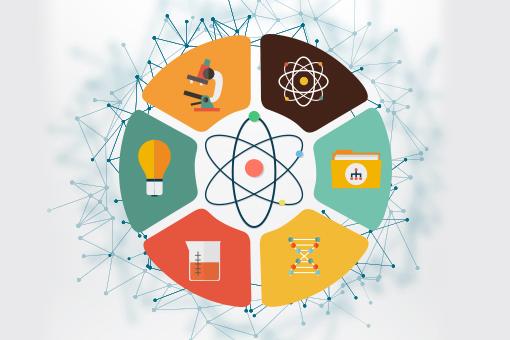Representing space in past and future
As an organism moves through space, its brain has to remember its most recent location and anticipate its future position, not just its current place in the world. Earlier studies reported so-called retrospective and prospective place coding in rats while they were running along linear tracks. However, it would be advantageous to study an animal that rapidly moves through three-dimensional space with high precision. Dotson and Yartsev recorded from flying bats to investigate whether place cell activity in hippocampus area CA1 represents local (current) or nonlocal positions. They discovered that the hippocampus not only encodes the bat’s present location but also signals its positions in the past and future.
Science, abg1278, this issue p. 242
Abstract
Navigation occurs through a continuum of space and time. The hippocampus is known to encode the immediate position of moving animals. However, active navigation, especially at high speeds, may require representing navigational information beyond the present moment. Using wireless electrophysiological recordings in freely flying bats, we demonstrate that neural activity in area CA1 predominantly encodes nonlocal spatial information up to meters away from the bat’s present position. This spatiotemporal representation extends both forward and backward in time, with an emphasis on future locations, and is found during both random exploration and goal-directed navigation. The representation of position thus extends along a continuum, with each moment containing information about past, present, and future, and may provide a key mechanism for navigating along self-selected and remembered paths.


